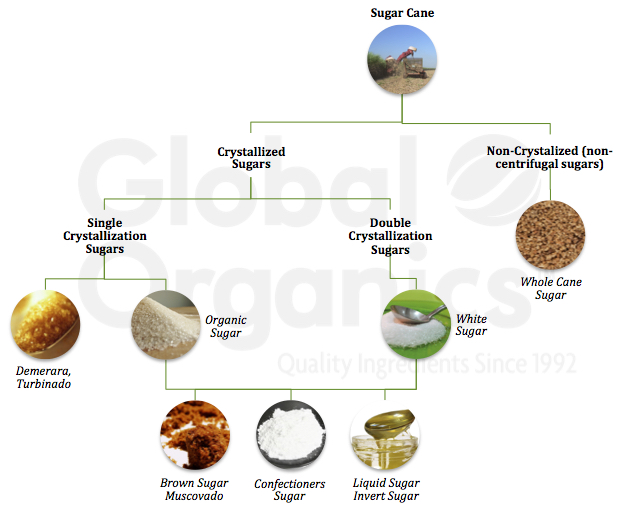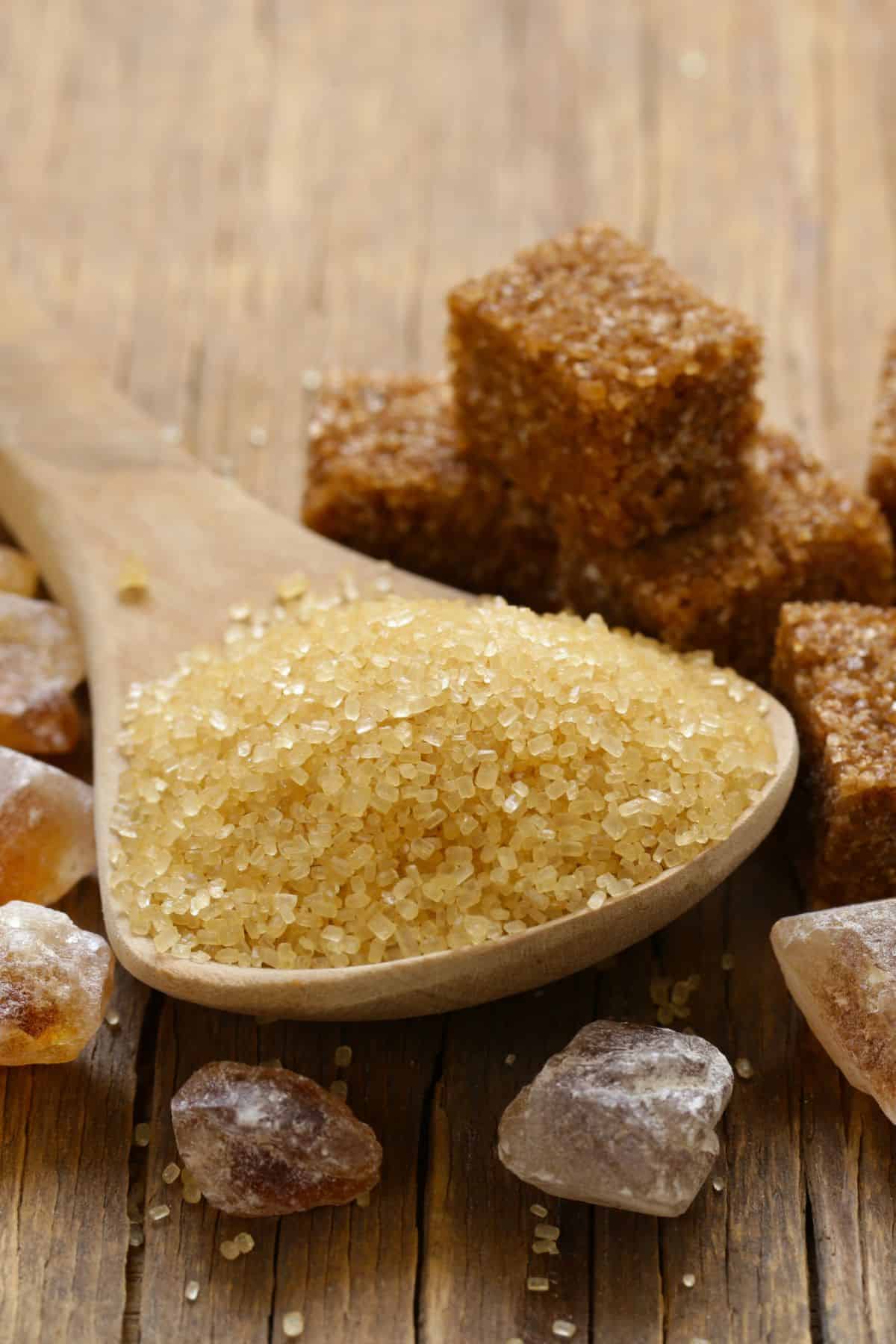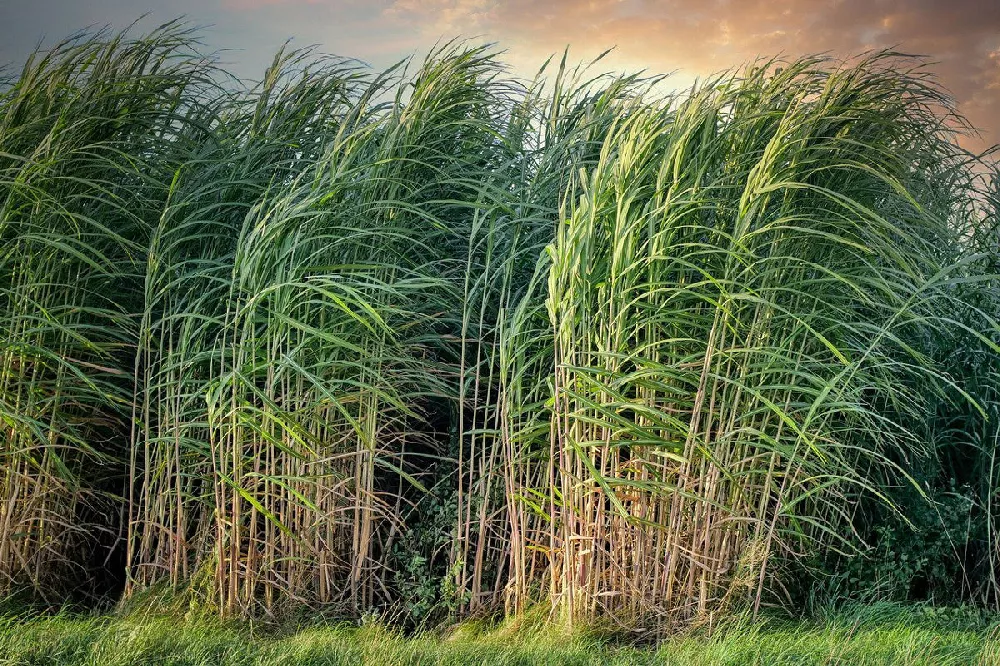How Sugar and Cane Affect Your Taste Buds and Cooking Experience
How Sugar and Cane Affect Your Taste Buds and Cooking Experience
Blog Article
Why Walking Stick Sugar Handling Chemicals Are Essential for Modern Sugar Refining
The duty of cane sugar processing chemicals in contemporary sugar refining can not be overemphasized, as they are integral to improving both the performance of extraction and the general top quality of the last product. Agents such as phosphoric acid and particular flocculants are employed to eliminate impurities, resulting in sugar that not only meets customer assumptions but additionally sticks to industry requirements. Nevertheless, the effects of these chemicals extend beyond high quality, discussing market characteristics and ecological factors to consider. This elevates important questions about the sustainability of such practices and their influence on the future of sugar production.
Duty of Handling Chemicals
The effectiveness of cane sugar processing pivots significantly on the strategic application of handling chemicals. These chemicals play an essential function in boosting the effectiveness and quality of sugar extraction and refining. From the first phases of juice extraction to the last filtration steps, handling chemicals assist in various vital procedures.
In the extraction stage, chemicals such as phosphoric acid and calcium hydroxide are employed to optimize the information process, helping to remove impurities and put on hold solids from the walking cane juice. This not just improves the yield yet also makes sure the clarity of the end product. Additionally, representatives like flocculants aid in the quick settling of pollutants, thereby simplifying the general process.
As the handling advancements, chemicals are utilized in decolorization and condensation stages. Triggered carbon and ion exchange resins offer to eliminate color and smell, guaranteeing that the polished sugar satisfies customer high quality criteria. Eventually, the duty of processing chemicals extends past operational effectiveness; they significantly affect the sensory attributes of the end product, adding to market competitiveness. Hence, the precise option and application of these chemicals are vital for accomplishing optimum outcomes in walking stick sugar handling.
Secret Kinds Of Chemicals
Cane sugar processing depends on a selection of essential chemicals that facilitate each stage of manufacturing. These chemicals play crucial functions in clearing up, lightening, and purifying the sugar extracted from cane.
One primary classification of chemicals includes flocculants, such as polyacrylamide, which aid in the information process by promoting the aggregation and settling of impurities. Additionally, calcium hydroxide is typically utilized to reduce the effects of acidity and help in the removal of non-sugar components.
Bleaching agents, such as activated carbon and sulfur dioxide, are made use of to decolorize the syrup, causing a more clear last product. These chemicals assist eliminate color substances that might impact the sugar's appearance and marketability.
Furthermore, phosphoric acid offers as a pH regulatory authority throughout the processing stages, ensuring optimum problems for the enzymatic tasks involved in sugar extraction and filtration.
Various other vital agents consist of edta (ethylenediaminetetraacetic acid), which chelates metal ions that can militarize undesirable responses, and sodium hydroxide, which aids in pH control throughout the refining procedure. Collectively, these chemicals improve efficiency and make certain a high-quality walking cane sugar product.
Advantages for Sugar Quality
Usually ignored, making use of details processing chemicals dramatically improves the total quality of walking cane sugar. These chemicals play a pivotal duty in refining processes, click for source making sure that the end product fulfills stringent market criteria for purity and preference.

Furthermore, processing chemicals help find out here now in achieving a regular granulation and appearance, which are essential for customer acceptance. By controlling the crystallization procedure, these chemicals make sure that the sugar crystals develop evenly, bring about a much more attractive product that liquifies well in different applications.
Additionally, making use of these chemicals can improve the life span of walking stick sugar by reducing wetness absorption and microbial development. On the whole, the critical application of handling chemicals is vital for providing top quality cane sugar that satisfies consumer assumptions and market needs.
Ecological Impact Factors To Consider

Furthermore, the energy-intensive nature of sugar refining, compounded by chemical usage, typically leads to boosted carbon exhausts. This adds to environment modification and increases worries pertaining to the sustainability of existing refining techniques. In addition, the sourcing of these chemicals might include methods that endanger biodiversity, such as monoculture farming, which decreases the resilience of agricultural ecosystems.

To mitigate these influences, sugar refiners are significantly checking out sustainable alternatives and taking on ideal practices that minimize chemical use. Carrying out extensive ecological monitoring systems can assist make certain that the refining procedure straightens with ecological standards and advertises biodiversity. Inevitably, a well balanced technique that prioritizes both sugar quality and environmental stewardship is necessary for the long-lasting feasibility of the sugar sector.
Future Patterns in Refining
As the sugar industry comes to grips with the environmental challenges connected with typical refining methods, ingenious strategies are arising to enhance both performance and sustainability. One significant pattern is the adoption of eco-friendly chemistry concepts, which prioritize sites making use of safe, biodegradable processing chemicals. This shift not only reduces environmental influence however likewise addresses consumer need for cleaner production approaches.
Another encouraging growth is the application of sophisticated filtration modern technologies, such as membrane layer separation and adsorption procedures. These methods enhance the clearness and quality of the sugar while decreasing the volume of wastewater generated throughout refining. Furthermore, the combination of electronic technologies, consisting of IoT and AI, is transforming functional efficiency by allowing real-time tracking and predictive upkeep, hence reducing resource waste.
In addition, the usage of byproducts from sugar refining, such as bagasse and molasses, is gaining grip. These products can be transformed into biofuels or value-added products, contributing to a circular economic situation within the sector. Collectively, these fads signify a shift in the direction of more sustainable methods that not only improve operational performance yet likewise align with international sustainability objectives, guaranteeing the future stability of sugar refining.
Conclusion
Walking stick sugar handling chemicals are crucial in contemporary sugar refining, considerably boosting the performance and high quality of sugar removal. The calculated use of these chemicals not only boosts the purity and flavor of the end product however also makes sure regular condensation and texture. As the market increasingly prioritizes sustainability, the fostering of environmentally-friendly processing representatives is likely to form future trends in refining, eventually resulting in higher high quality products and extended shelf life for customers.

Ultimately, a balanced approach that focuses on both sugar quality and environmental stewardship is important for the lasting practicality of the sugar sector.
Walking stick sugar processing chemicals are important in modern-day sugar refining, considerably enhancing the effectiveness and high quality of sugar extraction.
Report this page